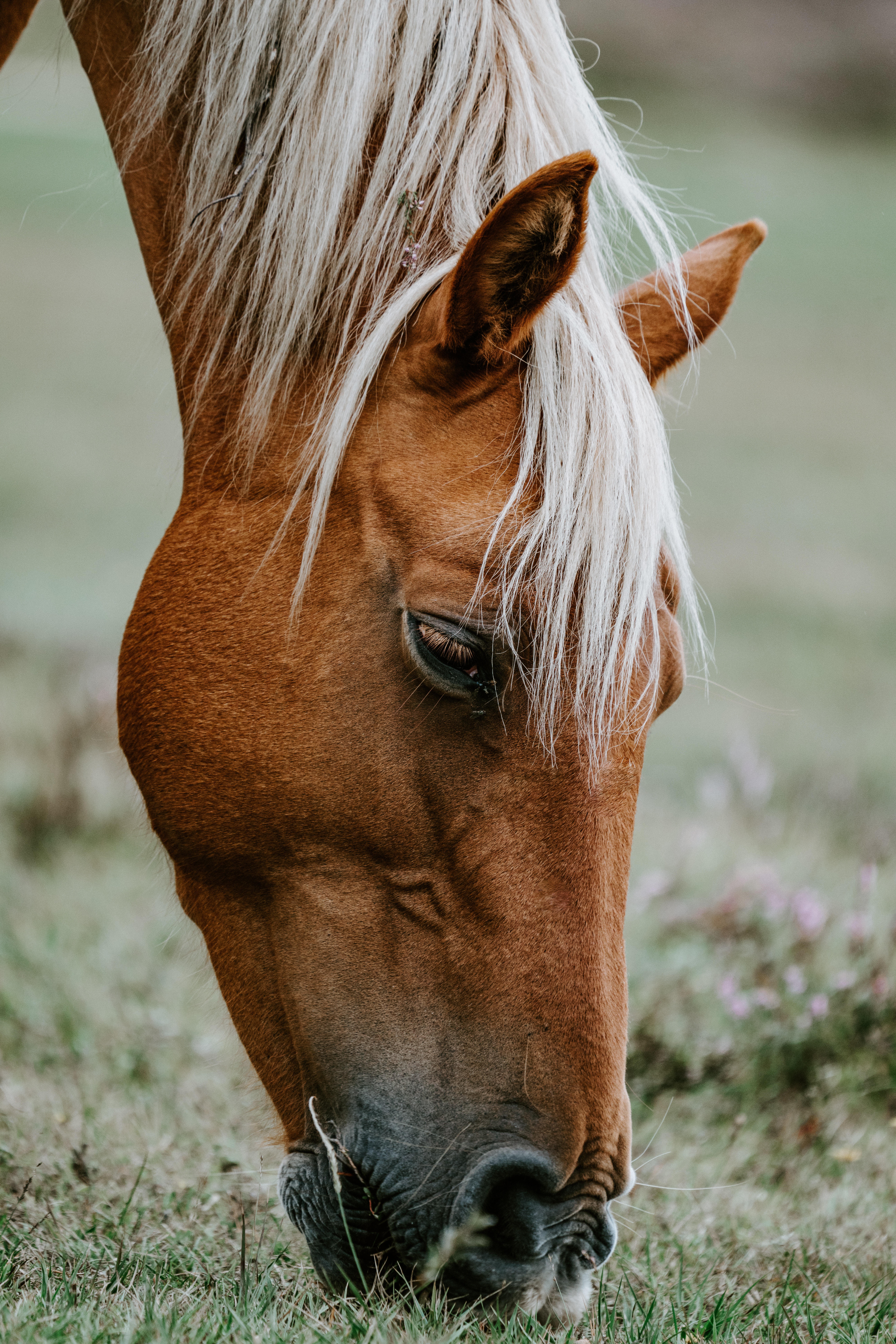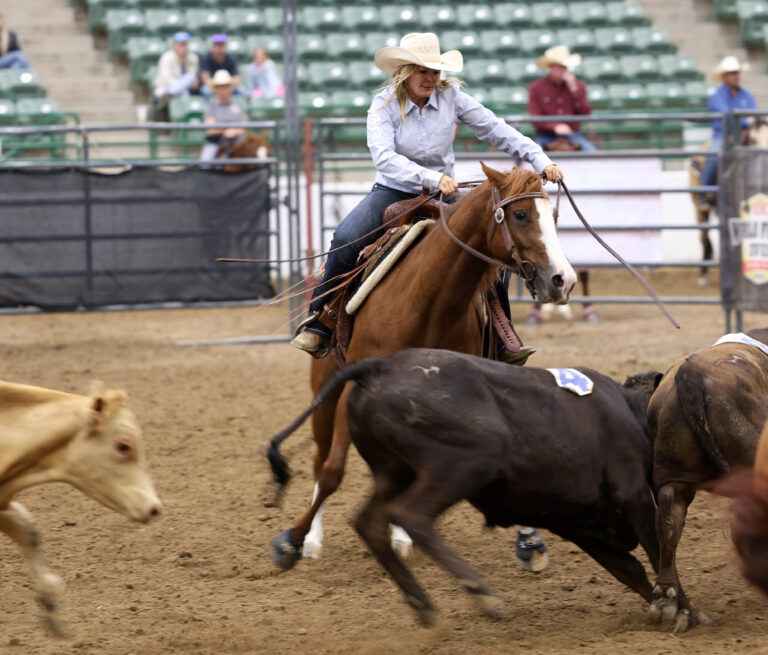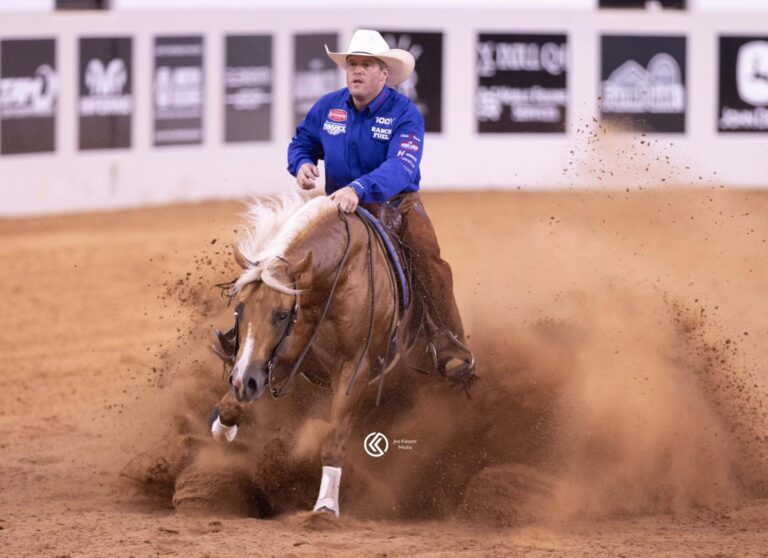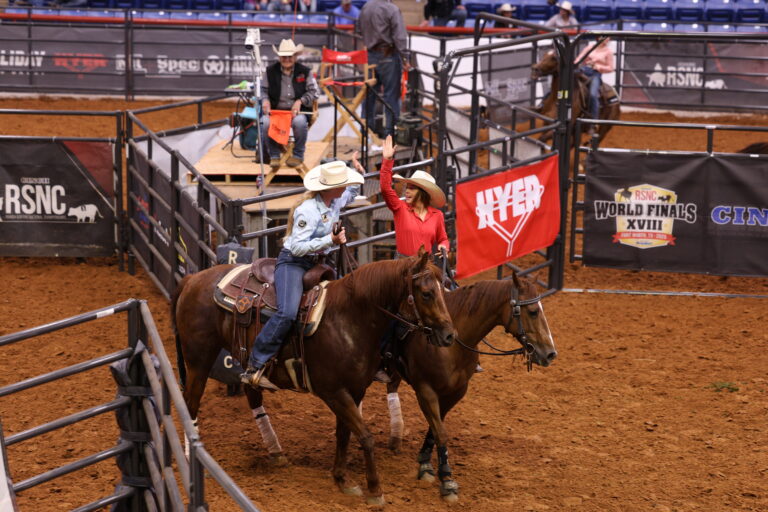As the countdown to close the 115th Congress heads to the final stretch, on Wednesday, December 12, Congress passed the Agriculture Improvement Act of 2018 (H.R. 2), sending the legislation to the president, who is expected to sign the bill into law this week.

Horse industry highlights include a revised statutory definition that excludes equines from a blanket definition of “pets” and funding for key livestock and international market development programs through Fiscal Year (FY) 2023. In the wake of extensive horse industry outreach, lawmakers struck language in the senate version that defined horses as “pets” within the context of a “Pet and Women Safety” (PAWS) measure. Industry requested that lawmakers delete “horses” from the proposed statutory definition of “pets,” but retain “horses” as a stand-alone category.
In response to industry messages communicated to congressional leaders during the past six months, the final conference report states that the bill “clarifies the definition of pet to include certain companion animals, while also providing protections for other animals such as horses, service animals, and emotional support animals.” The revised definition helps preserve the long-standing classification of horses as “livestock,” while allowing equines to fall within the scope of property damage subject to compensation within the parameters of the PAWS Act.
A preliminary review of the legislation shows that lawmakers are moving in the right direction with respect to funding important animal health programs. Unlike earlier versions of the bill, the legislation mandates rather than authorizes minimum appropriations totaling $150 million to fund the National Animal Vaccine Bank (NAVVCB), the National Animal Disaster Preparedness and Response Program (NADPRP) and National Animal Health Laboratory Network (NAHLN), among other programs, for FY 2019 to 2023.
Of the $150 million of mandated funding, the bill stipulates that Congress will appropriate $112 million “to be allocated among the NAHLN, the NADPRP and the NAVVCB.” With respect to the NAHLN, a major priority for the horse industry, the legislation further authorizes up to $30 million per year over the five-year span of the farm bill, matching industry’s authorization request.
Additionally, the legislation provides “$255 million in annual mandatory funding” for Foreign Market Development, the Market Access Program, and other programs that support the USDA’s Foreign Agricultural Service (FAS).
To view a copy of the conference report to H.R. 2, please click here.
For more information related to legislative activity, please contact AHC’s Bryan Brendle at (202) 296-4031.
The American Horse Council is a non-partisan organization based in Washington, DC that works daily to advocate for the social, economic, and legislative interests of the United States equine industry.






